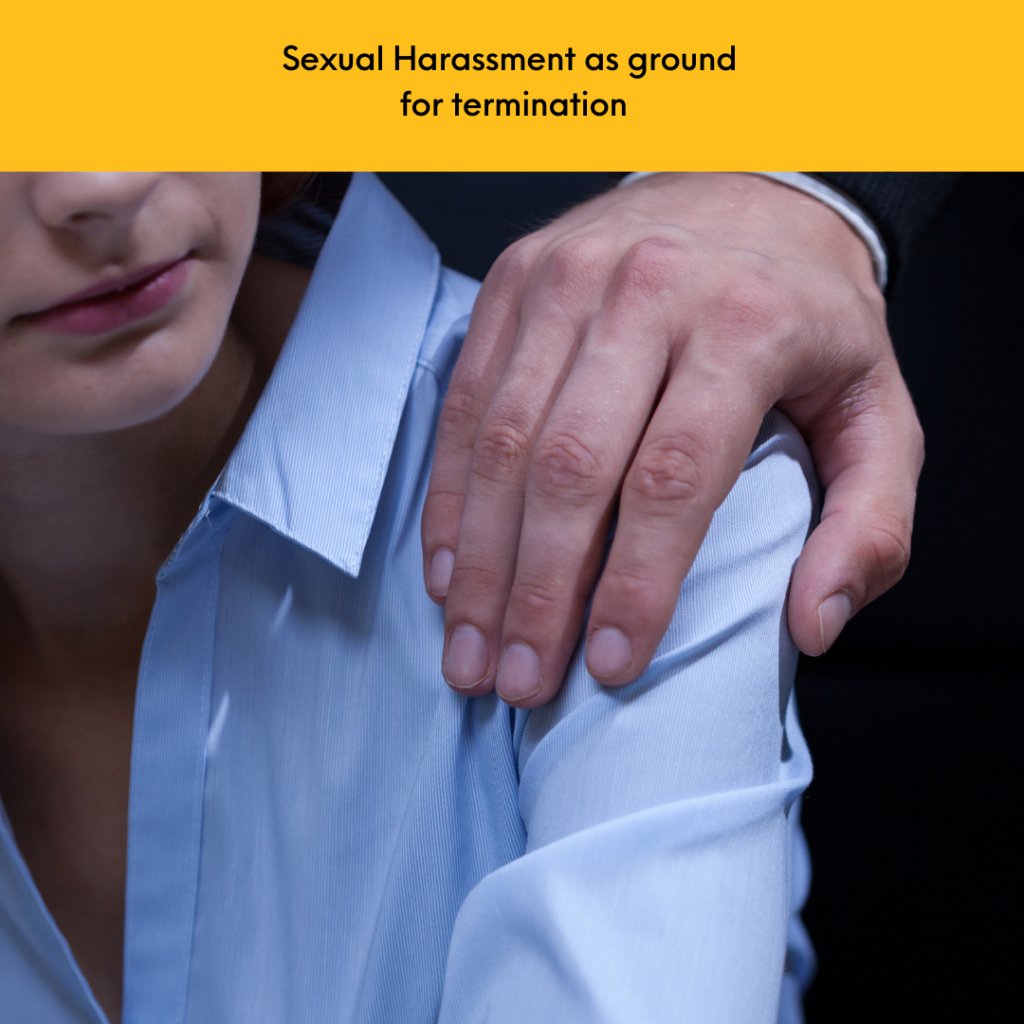
Published 25 April 2022, The Daily Tribune
One of the ways by which a hostile or offensive work environment is created is through the sexual harassment of an employee. In a work environment, sexual harassment is governed by two laws namely: Republic Act (RA) 7877, or the “Anti-Sexual Harassment Act”; and RA 11313, or the “Safe Spaces Act.”
Under the Anti-Sexual Harassment Act, workplace sexual harassment occurs when a supervisor, or agent of an employer, or any other person who has authority over another in a work environment, imposes sexual favors on another, which creates an intimidating, hostile, or offensive environment for the latter. Meanwhile, under the Safe Spaces Act, it is not necessary that the acts constituting sexual harassment be committed by a superior to a subordinate. Sexual harassment may be committed by a colleague to a fellow colleague or by an employee to his superior.
Unfortunately, sexual harassment remains to be a severe and pervasive problem in the workplace. Unwelcome advances and remarks interfere with work, which ultimately creates an intimidating, hostile, or offensive work environment. Thus, when an employee complains that he or she is experiencing sexual harassment, the employer must promptly investigate the matter and impose disciplinary actions against the wrongdoer.
The question is, is sexual harassment a valid ground for termination of employment? This was answered in the affirmative by the Supreme Court in the cases below.
In the case of Villarama vs NLRC (GR 106341, 2 September 1994), a male manager invited all the female employees for a dinner. When the group parted ways, the male manager offered to bring one of the female employees home, but the latter was in great shock when she found out that the former was driving toward a motel, instead of her house. The Supreme Court ruled that as a managerial employee, he is bound by a more exacting work ethic. However, he failed to live up to this higher standard of responsibility when he succumbed to his moral perversity. And when such moral perversity is perpetrated against his subordinate, he provides justifiable ground for his dismissal for lack of trust and confidence.
Meanwhile, in Formantes vs Duncan Pharmaceuticals (GR 170661, 4 December 2009), a manager attempted to sexually force himself upon his subordinate-medical representative. Subsequently, the manager filed a complaint for constructive dismissal against the company on the ground that since the incident, he was not allowed to attend the meetings and activities of the company and his subordinates no longer reported to him and the company directed one of its district managers to take over his position and functions without prior notice to him. Sometime later, the Company terminated his employment due to insubordination; For failure to report to the respondent company, to submit the required operations report and to turn over the company car.
The Court pointed out that while the manager was terminated on the ground of insubordination, it cannot close its eyes that sexual abuse was committed by the manager against his subordinate.
The Court explained that as a manager, he enjoyed the full trust and confidence of respondent and his subordinates. By committing sexual abuse against his subordinate, he clearly demonstrated his lack of fitness to continue working as a managerial employee and deserves the punishment of dismissal from the service.
On a final note, employers must still comply with procedural due process in dismissing employees for their sexually harassing conduct against a colleague. This process includes: Service of a notice to explain; giving the alleged offender ample opportunity to be heard; and service of notice of termination/imposition of disciplinary sanctions.
An employee’s removal for valid cause (such as sexual harassment) but without complying with the proper procedure does not constitute illegal dismissal, but obligates the erring employer to pay nominal damages to the employee, as penalty for not complying with the procedural requirements.
For more of Dean Nilo Divina’s legal tidbits, please visit www.divinalaw.com. For comments and questions, please send an email to cabdo@divinalaw.com.

